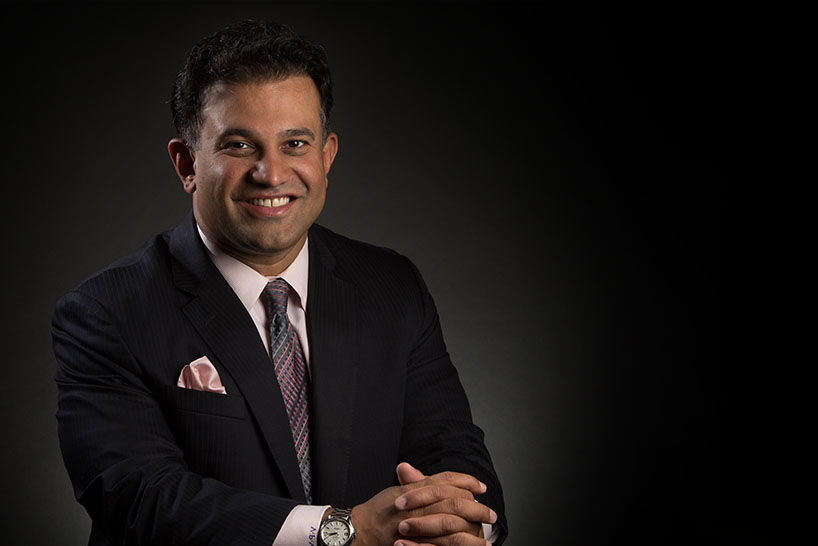Chapter 7 Bankruptcy Discharge
A discharge in bankruptcy means that you are no longer personally liable for certain debts and prevents your creditors from trying to collect on those debts. There is a good chance you will receive a bankruptcy discharge, unless your case is dismissed or converted to a different type of bankruptcy case. The discharge usually occurs within a few months from the date you filed for bankruptcy.
However, the court can deny your discharge (in total or with respect to particular debts) in certain situations, such as if you: (1) fraudulently sold or hid property that should have been part of the bankruptcy estate; (2) deliberately failed to list assets; (3) failed to follow orders of the bankruptcy court; or (4) lied under oath during the bankruptcy. Also, the court may revoke your discharge after it is given to you, if the court finds out you obtained the discharge by fraud.
Not all debts are dischargeable in bankruptcy. For instance, only debts that arose before the date of filing for Chapter 7 will be discharged – you will be responsible for any debts that arose after you filed for bankruptcy. The federal Bankruptcy Code lists the categories of debt that cannot be discharged. If your debt does not fall into one of these categories, it is not dischargeable. Also, even if a debt would normally be dischargeable, if you committed fraud in connection with the debt, it will not be dischargeable.
Categories of debt that can be discharged in Chapter 7 bankruptcy
- credit card charges (including overdue and late fees);
- collection agency accounts;
- medical bills;
- personal loans from friends, family, and employers;
- utility bills (only “past due” amounts);
- dishonored checks (unless based on fraud);
- deficiency balances after a repossession;
- auto accident claims (except those involving drunk driving);
- business debts;
- money owed under lease agreements (including past due rent);
- civil court judgments (unless based on fraud);
- unpaid taxes and penalties thereon (only if a certain number of years old and meeting other specific requirements);
- attorney fees (except for child support and alimony awards);
- student loans (only in a few rare circumstances);
- revolving charge accounts (except extended payment charges);
- Social Security overpayments (unless based on fraud); and
- Veterans’ Assistance loans and overpayments (unless based on fraud).
Categories of debt that cannot be discharged in Chapter 7 bankruptcy
- child support obligations;
- spousal support obligations;
- most student loans, except in very limited circumstances; and
- recent tax debts.
Legal Editor: James Shenwick, February 2015 (updated December 2017)
Changes may occur in this area of law. The information provided is brought to you as a public service with the help and assistance of volunteer legal editors, and is intended to help you better understand the law in general. It is not intended to be legal advice regarding your particular problem or to substitute for the advice of a lawyer.
Our Lawyers

Vinoo V.
LRS Lawyer
Our lawyers are screened and approved – they have all gone through an application and interview process. Each lawyer we recommend has been screened for significant experience, knowledge of ethics codes and rules, and law office practices, including customer service skills and handling of fees and billing.
About Us
When you call us, you will be speaking with an attorney. One of our attorney referral counselors takes your call and talks with you about your legal question, or reviews your online referral request. There is no charge to speak with one of our attorney referral counselors -- we’re here to help.

